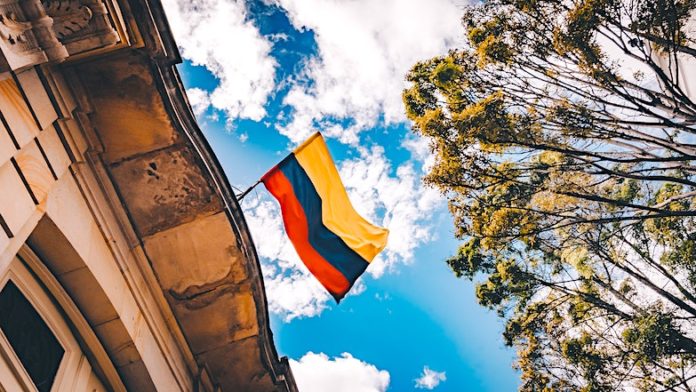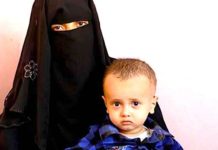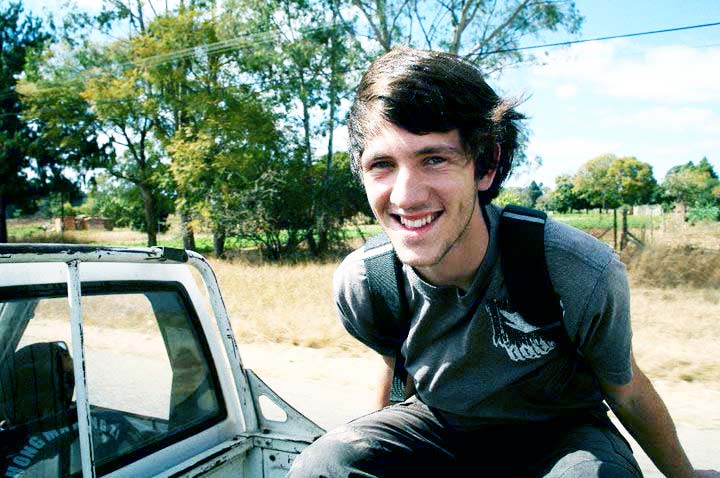Dozens of children have been killed, maimed, and recruited by armed groups in a recent surge of violence and civil unrest in Colombia, Save the Children has warned. The violence is ripping families and communities apart, leaving a lasting impact on children and youth.
Since January, the country has witnessed 65 massacres, which have killed 260 people. Despite also battling the coronavirus pandemic, the level of violence has increased rapidly, with the average number of monthly massacres doubling from five in the first half of the year, to 11 over the past three months.
“Guerrillas started shooting at us because they thought we were soldiers. People were hiding wherever they could, but they wouldn’t stop shooting… My cousin and I were wounded, and we were allowed to get into a boat to leave,” said José David, 19 years old from Cauca, Colombia. “There was blood everywhere and my heart was pounding. I didn’t feel pain because I was so scared. My cousin died in the boat.”
The spike in violence coincides with a stark rise in the recruitment and use of children by armed groups.
Children are deeply affected by this violence, warns Save the Children, with adolescents and young people reportedly among the victims. In August, five teenagers were killed in southwest Colombia, while they were reportedly flying kites with their friends. According to Indepaz, two weeks ago at least 25 people were killed in massacres in Arauca, Cauca and Nariño, adding to the one in Samaniego a month ago in which eight young people were killed.
“Living in a conflict zone is terrible – we are used to the shots and the grenades, to hear in the news that we are mourning people lost in another massacre… Every day I wake up afraid that I’ll be told that a child from the community was killed in a clash.”, said Angela, a Save the Children team member in Nariño.
The spike in violence coincides with a stark rise in the recruitment and use of children by armed groups, putting children in further direct danger. The first half year of 2020 saw a five-fold increase in the number of children recruited compared to the same period last year. This deeply worrying trend is partly due to the coronavirus pandemic – as schools and other protective services have closed, children have become an easier target for armed groups.
Save the Children warns of the devastating impact recruitment has on children, with many being subject to abuse, witnessing killings and sexual violence, being forced into violence themselves, and ripped away from their communities and homes. It is vital that they are supported to cope with their experiences and to reintegrate in society, to avoid immediate or lasting psychological harm.
“We have lived with illegal armed groups for over 60 years in Colombia, and we have an obligation to safeguard our children and youth form the scourges of war,” says Maria Paula Martinez, Country Director for Save the Children in Colombia.“Children should not be a witness to any form of violence, and they most certainly should not be forced to play an active part in it.”
“The massacres and the recruitment of children reflect a serious violation of the rights of children and young people in Colombia. A swift, concerted response by the authorities, the civil society and communities is essential to stop this war on children” she adds.
Save the Children warned that children living in the areas impacted by the armed conflict are in dire need of protection, and measures must be taken to address and prevent the ongoing violence that has plagued Colombia for decades.
The organisation provides psychological first aid to displaced children and young people, and provides protection advice to families via virtual channels. To support children who are out of school because of COVID-19, Save the Children has also developed virtual learning programs, distributed 10,000 school kits and 4,500 ‘stay at home’ kits containing educational and recreational materials, and launched a weekly educational radio program to help children learn from home and reduce the risk of dropping out.











